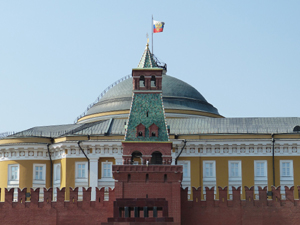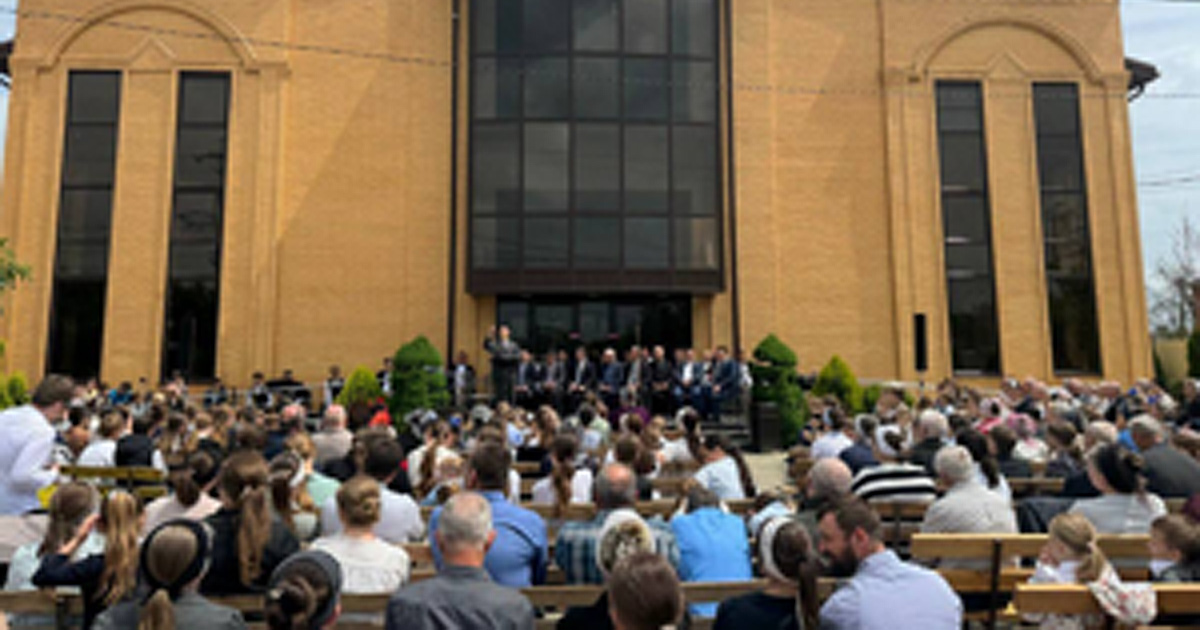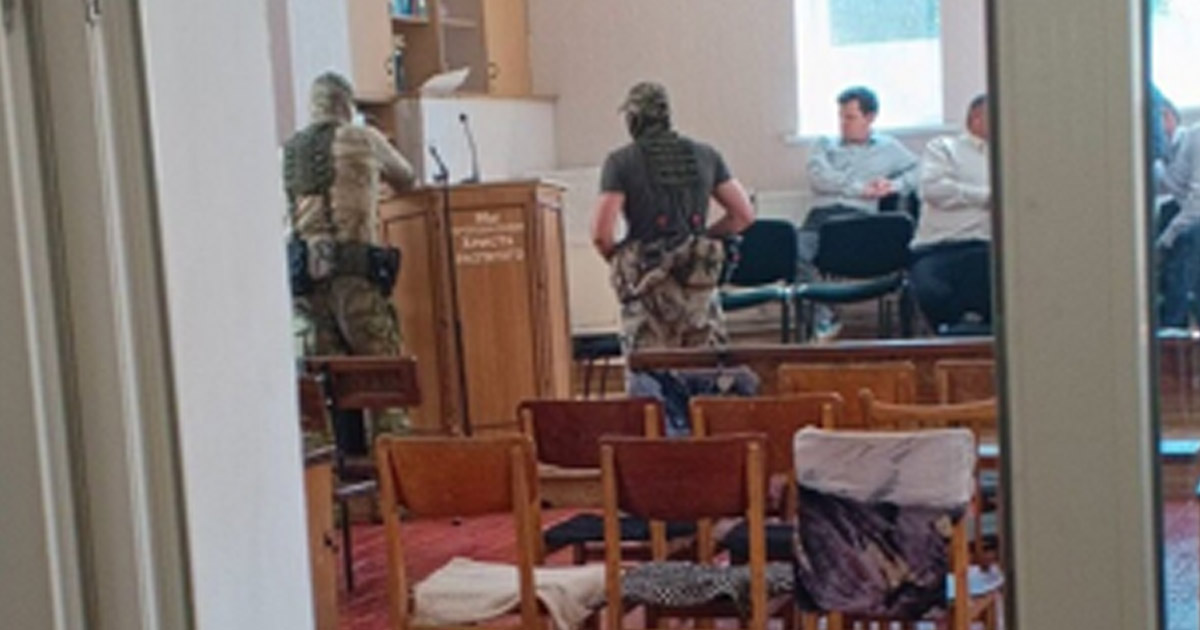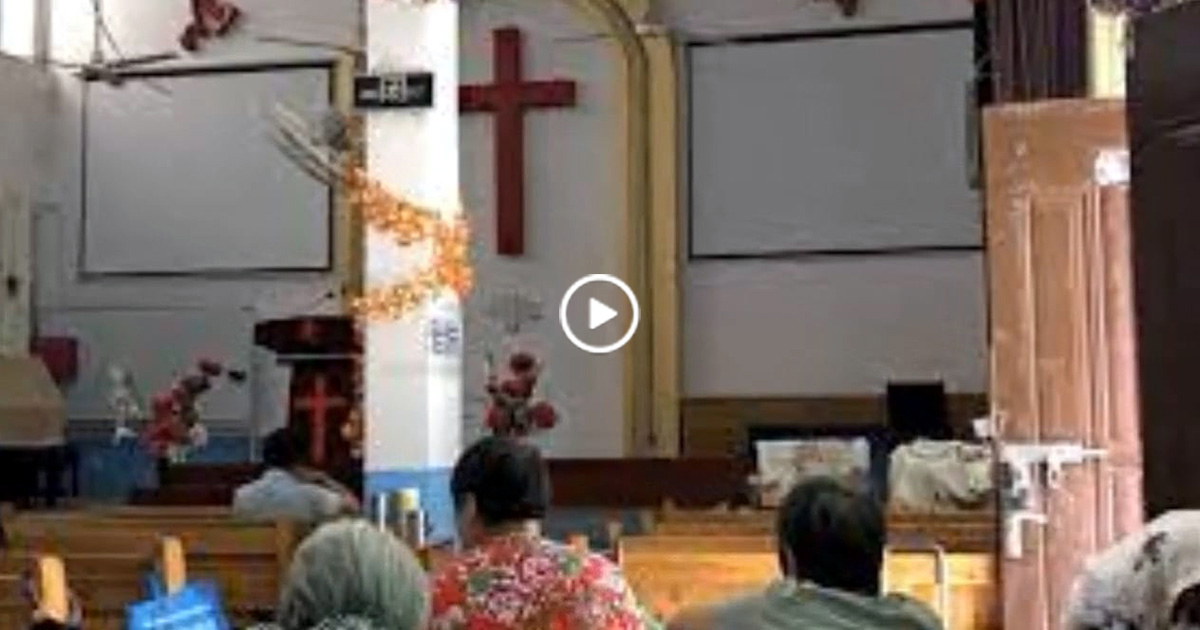 Changes to Russia's Religion Law, which came into force this July, appear to require all religious communities without legal status to notify the authorities of their existence and activity. This includes providing the names and addresses of all their members and addresses where any meeting takes place.
Changes to Russia's Religion Law, which came into force this July, appear to require all religious communities without legal status to notify the authorities of their existence and activity. This includes providing the names and addresses of all their members and addresses where any meeting takes place.
This is "bad news" and "against the Constitution for sure," states Aleksandr Verkhovsky of the Moscow-based SOVA Centre for Information and Analysis. Although no punishments yet exist for those who continue to meet for worship without notifying the authorities, unregistered religious communities and human rights defenders fear they may follow.
The changes also deny newly-registered religious organizations not affiliated with those that are centralized the right to create religious educational organizations. In addition, they will not be able to conduct ceremonies in hospitals, prisons and old people's homes; nor invite foreigners for the first ten years after their registration. The Human Rights Ombudsperson's Office has yet to comment on whether these provisions violate Russia's Constitution and the European Convention on Human Rights. To learn more about the opposition experienced by evangelical churches in Russia, and review previous reports, go to the Russia Country Report.
May the Russian government recognize the benefits of having effective churches in their country -- lower crime rates, provision and assistance for the downtrodden and impoverished, needed counselling and help for the imprisoned and those struggling with addictions...just to name a few. Pray that the churches in Russia will have the ability and means to reach out and serve the people of their communities faithfully and joyfully. As a result, may many lives be changed from the inside out, causing an exponential growth of Christianity in the country.





